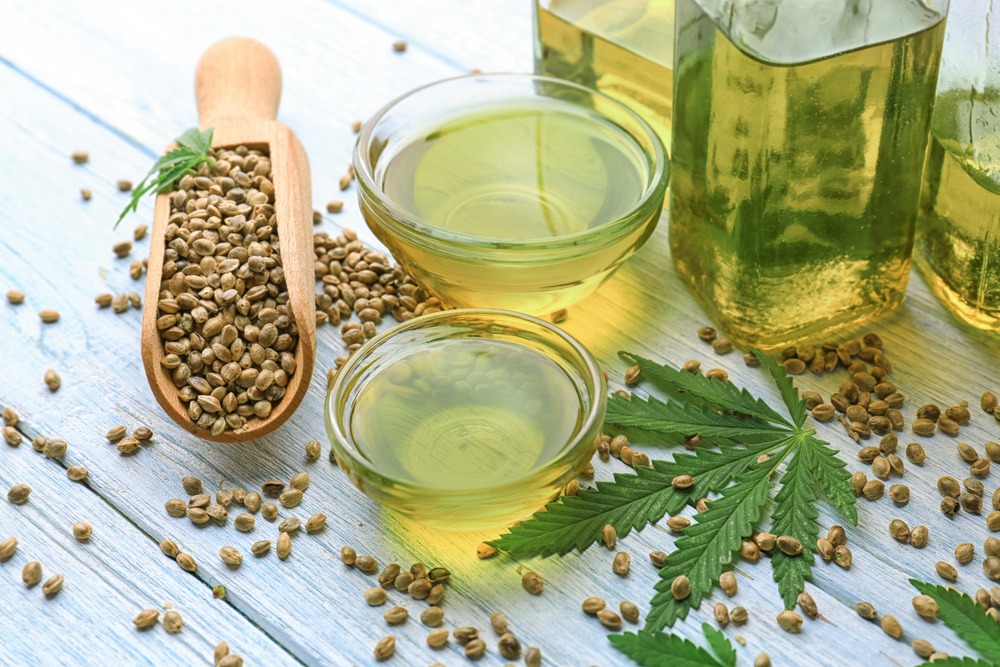Genetics company California Hemp Corporation and crop improvement startup Benson Hill Biosystems have entered into a new sponsored research partnership with UC Davis to breed improved cultivars of industrial hemp that are well-suited for Central California and similar climates.
“We’re gratified and excited to be leading this project,” said Dr. Brummer of UC, Davis in a press release announcing the partnership. “It will be among the first significant hemp breeding program of its kind, for what may be the most important crop in a generation. It will also be our first use of groundbreaking breeding technology, which we believe has the potential to become the standard for the next generation of breeding professionals.”
Scientists at UC Davis will utilize data from Hungry Planet Intelligence and Benson Hill Biosystems’ computational platform Breed to predict combinations for seed optimization. CropOS utilizes predictive analytics to identify and select desirable quality traits, with the goal of bypassing multiple generations of field experimentation to develop improved varieties with greater precision and efficiency than traditional breeding methods.
The 2018 Farm Bill was a major win for industrial hemp growers, redefining hemp as an industrial crop and encompassing any cannabis sativa plant that contains 0.3% or less of THC, the compound in the plant that creates a psychoactive effect. With a legal green light, several companies and universities are likely exploring similar partnerships to develop and commercialize technologies or products. The clock is ticking too, as everyone is hoping to stake out territory in the new market.
The bill also contains language that modifies the Controlled Substances Act to effectively legalize products containing cannabidiol, or CBD, which is derived from hemp but does not cause the psychotropic effects of cannabis’s THC. CBD is used by a range of products companies for supplements and in other formats to promote health and wellness.
CBD-based products, which include everything from CBD-infused water to makeup, is an estimated $22 billion business, according to research from Brightfield Group. Experts have also hypothesized that the market could balloon in the wake of the Farm Bill.
Despite the lessening regulatory pressure, one agency is still not convinced. As media outlets trumpeted the dawn of CBD products, the FDA quickly released a statement indicating that the agency will continue to exercise its regulatory jurisdiction over products containing CBD ingredients.
“We’re aware of the growing public interest in cannabis and cannabis-derived products, including cannabidiol (CBD). This increasing public interest in these products makes it even more important with the passage of this law for the FDA to clarify its regulatory authority over these products. In short, we treat products containing cannabis or cannabis-derived compounds as we do any other FDA-regulated products — meaning they’re subject to the same authorities and requirements as FDA-regulated products containing any other substance. This is true regardless of the source of the substance, including whether the substance is derived from a plant that is classified as hemp under the Agriculture Improvement Act,” FDA Commissioner Scott Gottlieb, M.D., said in the statement.
The FDA recently announced it will hold its first public hearing on CBD in April to evaluate its rules regarding the popular compound. It’s also put together a working group of senior officials to create the new rules. In the meantime, the FDA maintains a webpage to help consumers and companies understand its regulatory approach to CBD products.
The FDA has a long list of food-related issues on its plate, including consumer demand for clarification on the use of the term natural in food labeling as well as calls for rules that standardize label claims on egg cartons, including statements like free-range or cage-free. Meanwhile, there’s another label war brewing in the dairy aisle as traditional dairy producers demand that the FDA require alternative product makers to label their nut milks as alternatives or substitutes. It’s also got the continued task of regulating new and emerging biotechnology practices in food like CRISPR Cas-9.
By setting hearings for as soon as April, however, the agency is making it clear that CBD is a high priority item.





